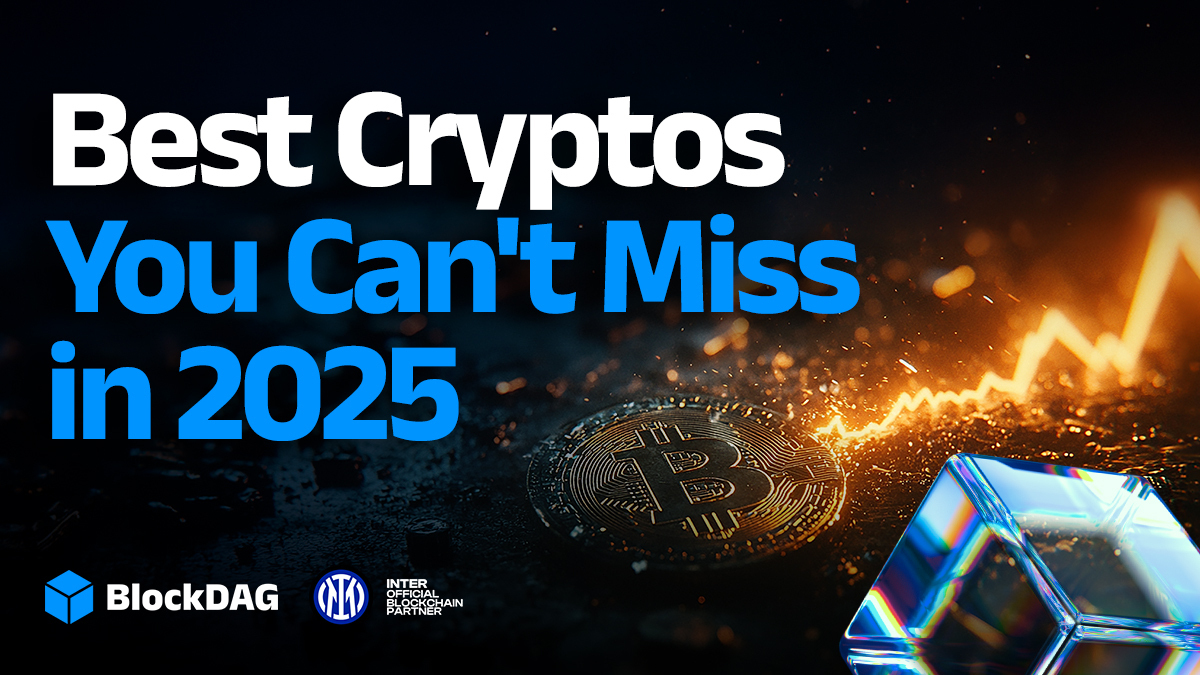12h05 ▪
5
min read ▪ by
Cryptos, once considered a marginal phenomenon, have gradually established themselves as a central element of the global financial ecosystem. This major change is illustrated with a promising new perspective. Matthew Sigel, head of research at VanEck, stated that the probability of seeing an ETF (Exchange-Traded Fund) on Solana approved in the United States during this year 2025 is high, but exceeds current forecasts. Sigel asserts that the 77 % estimates from Polymarket underestimate this potential, a statement that rekindles the debate about the future of crypto derivatives and their role in transforming financial markets. This statement comes as institutional investors and American regulators attempt to balance innovation and legal frameworks. In this context, the potential approval of a Solana ETF could significantly broaden access to the crypto market and attract both capital and institutional players. If these projections materialize, they would mark an important milestone in integrating these assets into traditional portfolios.


An optimism around the approval of a Solana ETF
Matthew Sigel expressed his opinion on platform X (formerly Twitter). He emphasized that Polymarket’s forecasts, which rate the probability of approval for a ETF Solana for the year 2025 at 77 %, do not fully reflect reality. “In my view, these figures should be much higher,” he stated on January 2, 2025. This comment comes as Polymarket, a major player in financial prediction platforms, has already revised its estimates upward, reaching 84 % at the beginning of the year. This evolution reflects a palpable optimism in the crypto sector.
Several factors reinforce this positive perspective. Politically, the recent election of pro-crypto President Donald Trump marked a significant turning point. By showcasing his ambition to position the United States as a global leader in cryptos, he has revived hopes for more favorable regulations regarding financial products based on these assets. This political shift, combined with increasing momentum in the markets, feeds the expectations of analysts like Sigel, who see in this environment a unique opportunity for the approval of new products like Solana ETFs.
The regulatory challenges and long-term perspectives
Although optimism around the approval of a Solana ETF is palpable, several obstacles remain. Among them, the concerns of the Securities and Exchange Commission (SEC) occupy a central place. The agency has already expressed its doubts regarding the classification of Solana as a financial security, a label that, if confirmed, could compromise the establishment of an ETF based on this asset. This issue is part of a broader debate on the distinction between financial assets and commodities, a complex question that complicates regulatory processes.
However, precedents offer promising leads. The successes of Bitcoin and Ethereum ETFs, approved through specific structures known as “grantor trust,” demonstrate that tailored solutions can be implemented to meet regulators’ expectations. If such an approach were to be applied to Solana, it could represent a major breakthrough in institutional access to cryptos.
The implications of a potential approval would be significant. A Solana ETF would strengthen the legitimacy of cryptos and accelerate their widespread adoption. Institutional investors, often cautious in the face of risks associated with these assets, could diversify their portfolios by integrating Solana into regulated and secure frameworks. Meanwhile, the crypto market would benefit from increased liquidity, thereby reinforcing its resilience and its capacity to attract new capital. Nevertheless, challenges persist, including the inherent volatility of cryptos and the heightened caution of regulators, which could slow this favorable momentum.
If VanEck’s forecasts come to fruition, the approval of a Solana ETF by the end of the year could represent a major turning point for the crypto industry. Through this offering, considered a new gateway to institutional investors, this product would help reinforce the legitimacy of these assets, as well as stimulate their widespread adoption. This advancement would lay the foundation for further maturation of financial markets, opening the way for an ever-deepening integration of cryptos into the traditional economy.
Maximize your Cointribune experience with our “Read to Earn” program! For every article you read, earn points and access exclusive rewards. Sign up now and start earning benefits.
Diplômé de Sciences Po Toulouse et titulaire d’une certification consultant blockchain délivrée par Alyra, j’ai rejoint l’aventure Cointribune en 2019.
Convaincu du potentiel de la blockchain pour transformer de nombreux secteurs de l’économie, j’ai pris l’engagement de sensibiliser et d’informer le grand public sur cet écosystème en constante évolution. Mon objectif est de permettre à chacun de mieux comprendre la blockchain et de saisir les opportunités qu’elle offre. Je m’efforce chaque jour de fournir une analyse objective de l’actualité, de décrypter les tendances du marché, de relayer les dernières innovations technologiques et de mettre en perspective les enjeux économiques et sociétaux de cette révolution en marche.
DISCLAIMER
The views, thoughts, and opinions expressed in this article belong solely to the author, and should not be taken as investment advice. Do your own research before taking any investment decisions.










